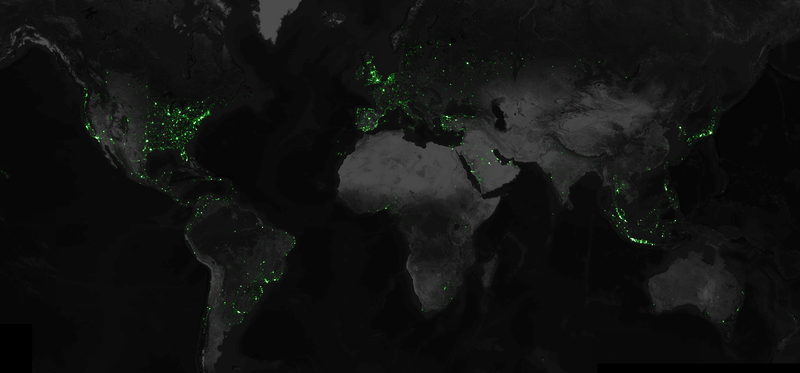Over at Wired, I propose that the chaos unfolding in the wake of Elon Musk’s acquisition of Twitter qualifies as a new kind of security risk in which the intrusion mechanism is simply massive amounts of money.
In the field of information security, there’s a kind of vulnerability known as the evil maid attack whereby an untrusted party gains physical access to important hardware, such as the housekeeping staff coming into your hotel room when you’ve left your laptop unattended, thereby compromising it. We have here a new analog, just as capable of wrecking systems and leaking data. Call it the “evil billionaire attack” if you’d like. The weapon is money, and more specifically, the likelihood that when the moment arrives you won’t have enough of it to make a difference. The call is coming from inside the house.
The reason this strategy works is that most ideas of any consequence are owned by people with more money than you, and then whenever possible they string them together into a network with the specific intent of making the gravity inescapable. Founders and investors and excitable technology writers like myself frequently use the term “platform” to describe technical systems with granular components that can be used to compose new functionality, and the power sources propelling the technology industry find platforms particularly appealing when the bits can be monetized each time they are used.
A platform is better than an app, or so the theory goes, because you can use a platform to build multiple apps, or enable other developers and companies to build apps from which you might take a 30 percent cut. Whatever its advantages, the Twitter debacle should spell the end of the proprietary platform as a serious technical undertaking, a high profile illustration that they are too risky to trust no matter how strong the code might be.
 For Wired, a meandering essay that uses the
For Wired, a meandering essay that uses the 

